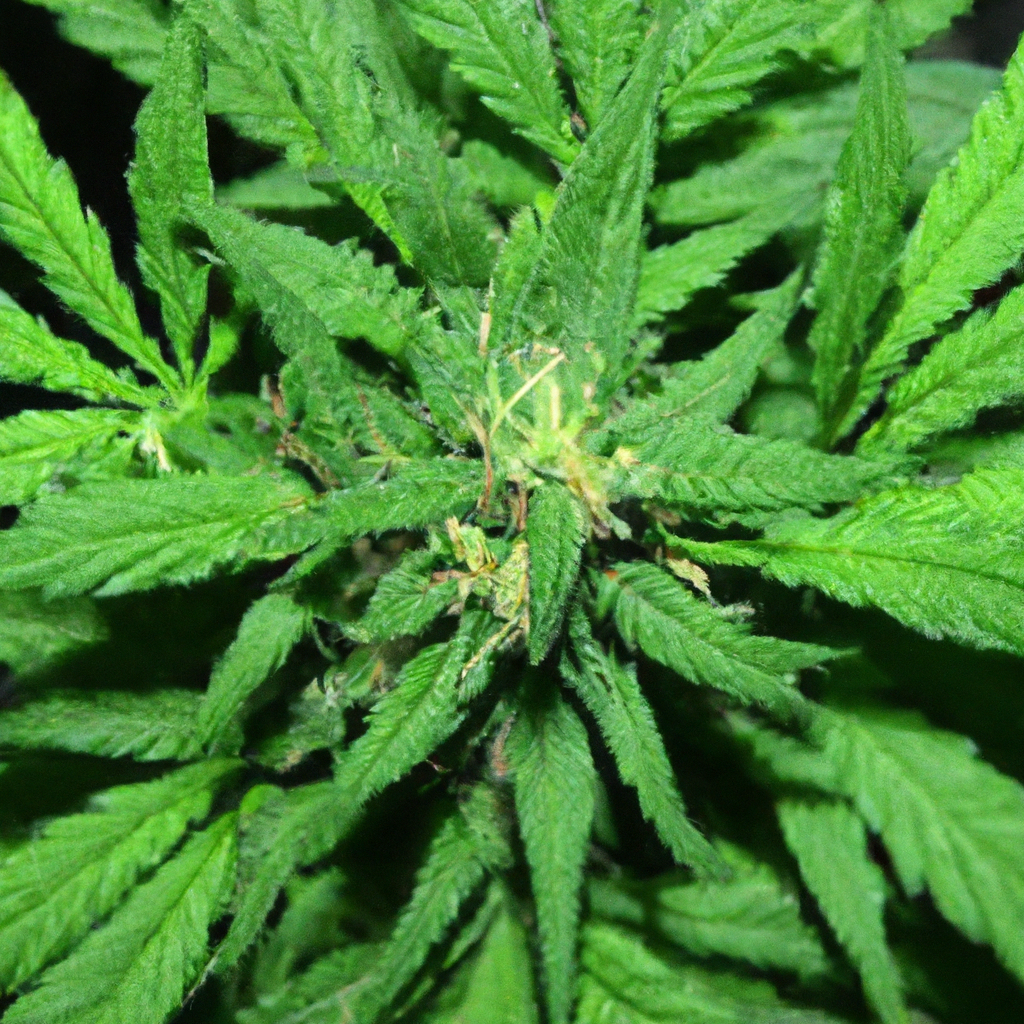Your cart is currently empty!
Organic cannabis cultivation is becoming increasingly popular among growers looking to produce high-quality, eco-friendly products. By focusing on natural fertilizers, compost, and sustainable pest control, cultivators can promote a healthy soil ecosystem while avoiding synthetic chemicals. This approach not only benefits the environment but also enhances the quality of the cannabis produced, providing a better experience for consumers.
Introduction to Organic Growing Practices
Growing cannabis organically involves utilizing natural materials and methods to foster healthy plant development and abundant yields. By activating natural processes, farmers can bolster plant resilience, leading to cannabis that is not only aromatic and flavorful but also purer in its cannabinoid and terpene profile. Here’s why many choose the organic path.
Building a Healthy Soil Ecosystem
- Composting: Integrate a composting system to recycle organic waste into nutrient-rich soil. Compost improves soil structure, water retention, and provides essential nutrients for cannabis plants.
- Natural Fertilizers: Use natural fertilizers like bone meal, fish emulsion, and kelp meal to enrich the soil without harmful chemicals. These additives supply plants with essential nutrients necessary for robust growth.
- Beneficial Microbes: Introduce beneficial microbes into the soil to enhance nutrient uptake and root health. Mycorrhizal fungi, for example, extend the root system and improve its ability to absorb nutrients.
Sustainable Pest Control Techniques
Maintaining plant health and preventing pest infestations without synthetic chemicals is crucial in organic cannabis cultivation. Here are a few strategies to consider:
- Beneficial Insects: Use predatory insects like ladybugs and lacewings to control aphids and other small pests. They naturally keep pest populations in check without harming plants.
- Companion Planting: Planting herbs and flowers like marigolds and basil can deter unwanted insects while attracting beneficial pollinators. This method enhances biodiversity in the garden.
- Neem Oil: Employ organic pest control sprays like neem oil to deter pests and diseases. It’s an effective and natural solution that doesn’t harm the plants or the environment.
Sustainable Practices for Continued Growth
Emphasizing sustainability in cannabis cultivation is fundamental for long-term success. Implement crop rotation to prevent soil exhaustion and disease buildup. Also, conserve resources by utilizing rainwater collection systems for irrigation, reducing water wastage.
Finally, embrace recycling and waste management practices within the grow operation to minimize environmental impact.
Conclusion
Embracing organic growing practices not only fosters a healthier growing environment but results in superior cannabis production. By harnessing nature’s resources through sustainable soil management and eco-friendly pest control, growers can produce a product that benefits both the environment and consumers.
Moving towards organic cultivation not only aligns with environmental best practices but also satisfies consumer demands for pure and naturally grown cannabis products.
Discover more from Magic Clones
Subscribe to get the latest posts sent to your email.


Leave a Reply